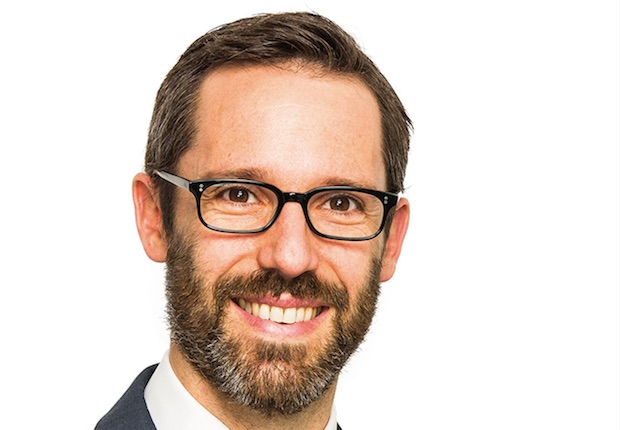
Post-Brexit, the proportion of savers into a defined contribution (DC) pension scheme who will retire on an inadequate income has risen to 75% from 66%, according to research by Hymans Robertson.
Its analysis of data of 500,000 savers on the organisation’s Guided Outcomes platform also found that the cost of providing a defined benefit (DB) pension scheme has risen to 50% of pay.
Overall, the UK’s DB pension deficit now stands at £1 trillion, with individuals at risk of losing a significant portion of their benefits if their pension falls into the Pension Protection Fund (PPF), with deficits up by over £250 billion.
Jon Hatchett (pictured), head of corporate consulting at Hymans Robertson, said: “Post-Brexit and the Bank of England’s policy response to economic uncertainty caused by the UK’s decision to leave the EU, the cost of providing a DB scheme has risen to 50% of pay. This is clearly unsustainable for the majority of employers.
“Unsurprisingly, we’re likely to see the last remaining open private sector schemes close and a number of high-profile employers have indicated in recent weeks this is a path they’ll be forced down.
“Back in March 2015 there were 11m people with a DB scheme, but only 1.75m were still accruing benefits. Since then we’ve seen a large number of closures. When the new flat-rate state pension was introduced in April this year, costs increased for many DB schemes due to the end of a ‘contracting out’. This was a catalyst for many to close their scheme. Due to plummeting gilt yields and a less favourable outlook for asset returns, this is only the beginning of the end for open DB schemes.
“There will be winners and losers across schemes, both in terms of the impact of Brexit on their business and the impact on scheme funding. [Organisations] and trustees will need to tackle the challenges, or opportunities, on a case-by-case basis. On average though, DB pensioners and the [organisations] that support them are much worse off.
“We should not be lulled into a false sense of security with auto-enrolment. While it’s been a huge success with low levels of opt-outs, with contributions at 2% of pay it doesn’t even come close to securing a decent retirement income.”